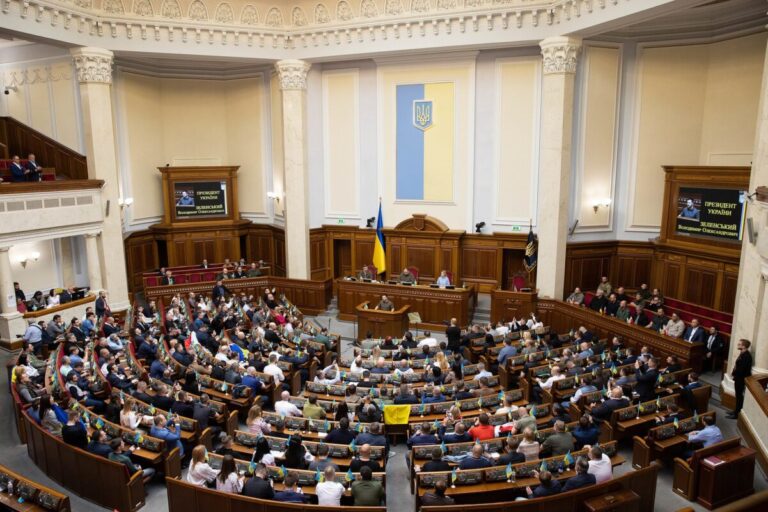
Why the US Is Delaying Sanctions on Russia — The Real Priorities Behind the Decision
Against the backdrop of escalating tensions in the Middle East and shifting domestic priorities in Washington, the U.S. Senate has postponed consideration of the bill introducing harsher sanctions on Russia—likely pushing a vote to at least July. In Ukraine, this has sparked concern and debate. But is it truly cause for alarm?
What Happened
The U.S. Senate excluded the Russia sanctions bill from its June agenda. The bill, proposed by Republican Senators Lindsey Graham and Ben Cardin earlier this year, includes secondary sanctions, steep tariffs on Russian energy exports, and stricter rules on trade involving Moscow. It was backed by a broad bipartisan coalition.
However, as Senator Graham acknowledged, rising tensions between Iran and Israel have shifted Washington’s focus:
“Things are changing now with Iran… This doesn’t mean I’ve forgotten about Russia or Ukraine. Not at all. Iran is center stage, but sooner rather than later.”
His words reflect the reality of American politics—where crises are triaged according to immediate threats.
Double Pressure: Foreign and Domestic
This delay isn’t solely geopolitical. Domestic policy considerations are also at play. The Trump administration is aggressively promoting a major tax reform as part of its election strategy—drawing significant attention in June. With legislative days fully booked, priorities are inevitably juggled.
That Russia temporarily drops off the agenda is not a “betrayal”—it’s a byproduct of political bandwidth constraints.
July: A Potential Turning Point
Despite the delay, the sanctions bill hasn’t been shelved—it remains very much alive. Senate Majority Whip John Thune confirmed that a vote is expected in July. That signals the issue remains on the radar—though now within the structured pace of Capitol Hill.
Concern remains over proposed amendments allowing the president to suspend or ease sanctions unilaterally, a provision that could undermine the bill’s effectiveness.
Relevant
What This Means for Ukraine
On one hand, support for Ukraine in Congress remains strong. Bipartisan lawmakers continue to back tough sanctions on Russia, coordinated closely with European allies. The bill itself emerged from this collaborative framework.
On the other hand, the delay is a stark reminder: geopolitical attention is finite. Allies must continuously reinforce Ukraine’s position—not just through lobbying, but through active diplomacy, strategic communication, and aligning priorities with U.S. legislative interests.
- The delay is not a defeat, but rather a pause dictated by global and internal priorities.
- Iran‑Israel tensions and Trump tax reform dominate the summer agenda.
- A July vote keeps the Russia sanctions within reach—yet uncertain.
- The path forward depends on sustained advocacy and tangible progress from Ukraine’s partners.
The Time for Action isn’t a slogan—it’s a call to sustained effort. Ukraine must remain active, visible, and persuasive, because geopolitical focus doesn’t hold—you earn it daily.















